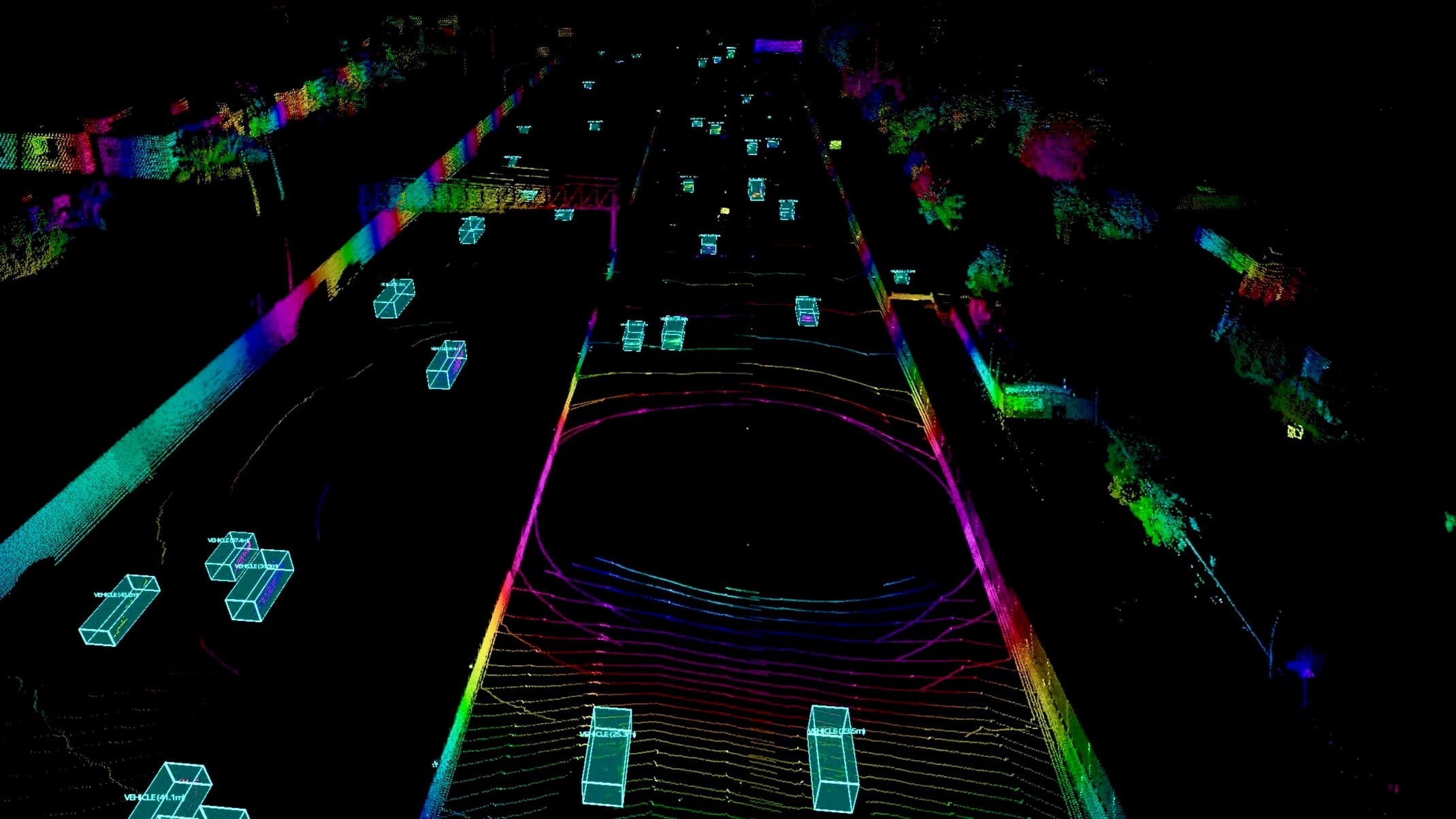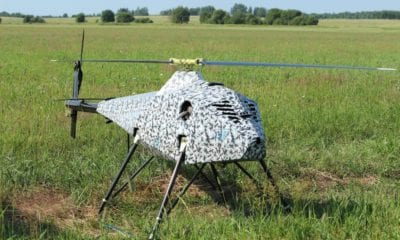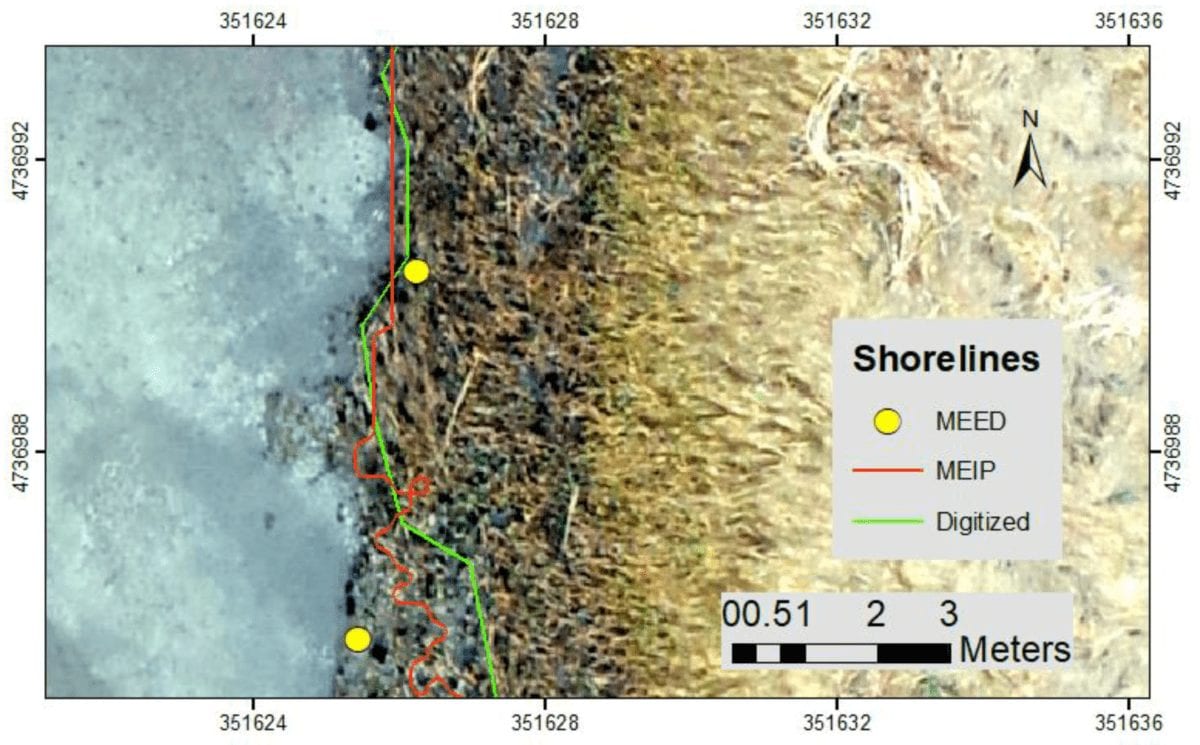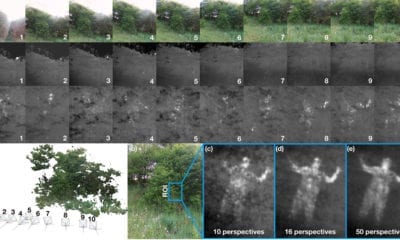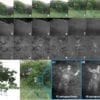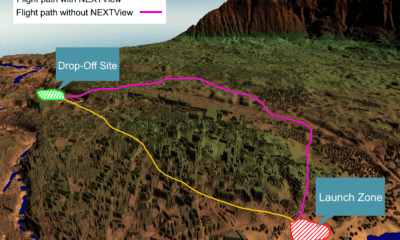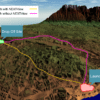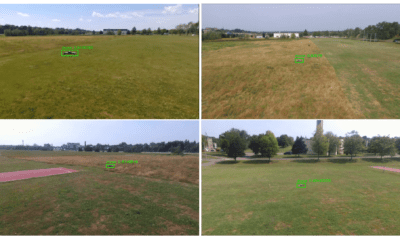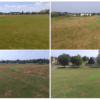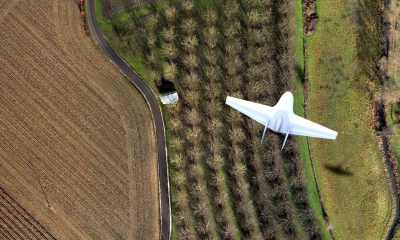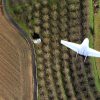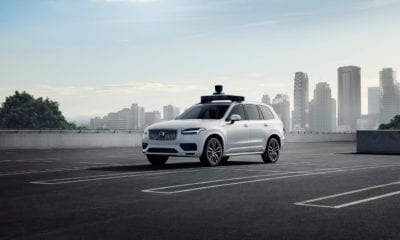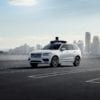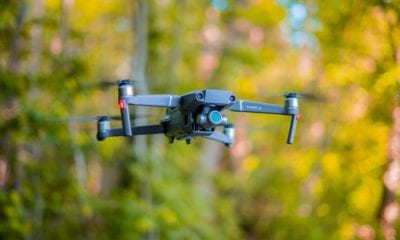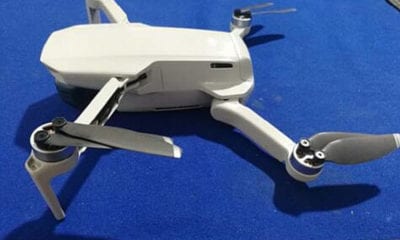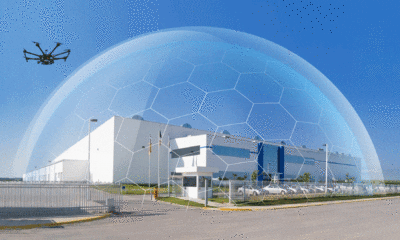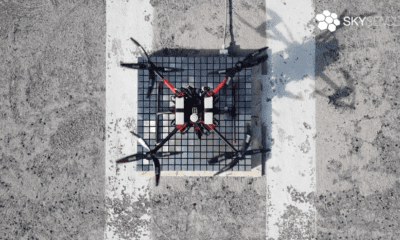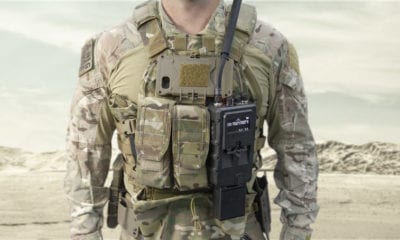AI
Volvo and Luminar Showcase Autonomous Tech at Automobility LA 2018
Volvo has released its latest autonomous car technology at the Los Angeles Auto Show 2018. Volvo and an autonomous vehicle sensor company Luminar gave a glimpse into the future of autonomous cars by demonstrating advanced technology that helps automobiles detect detailed human movement at distance and speed.
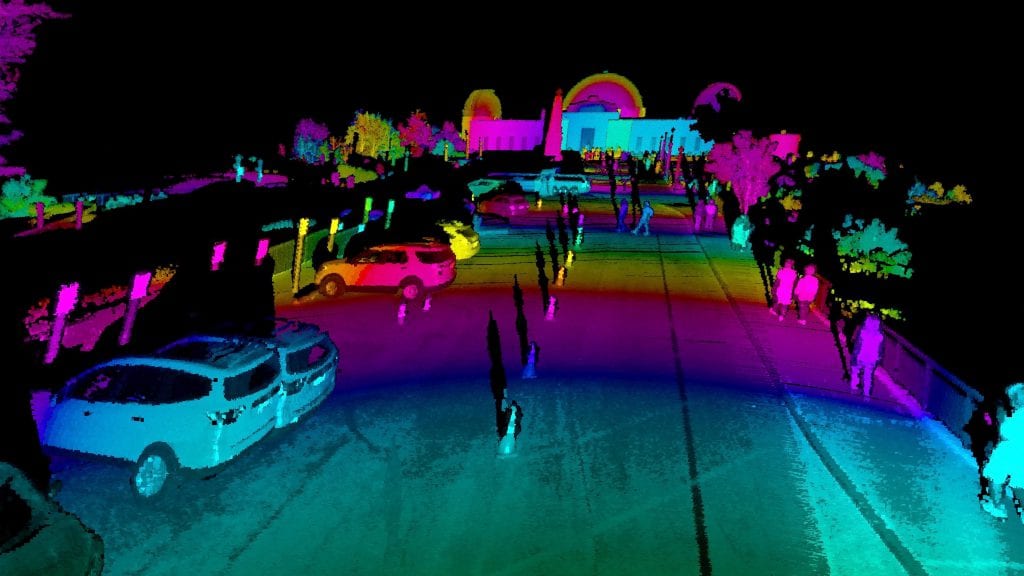
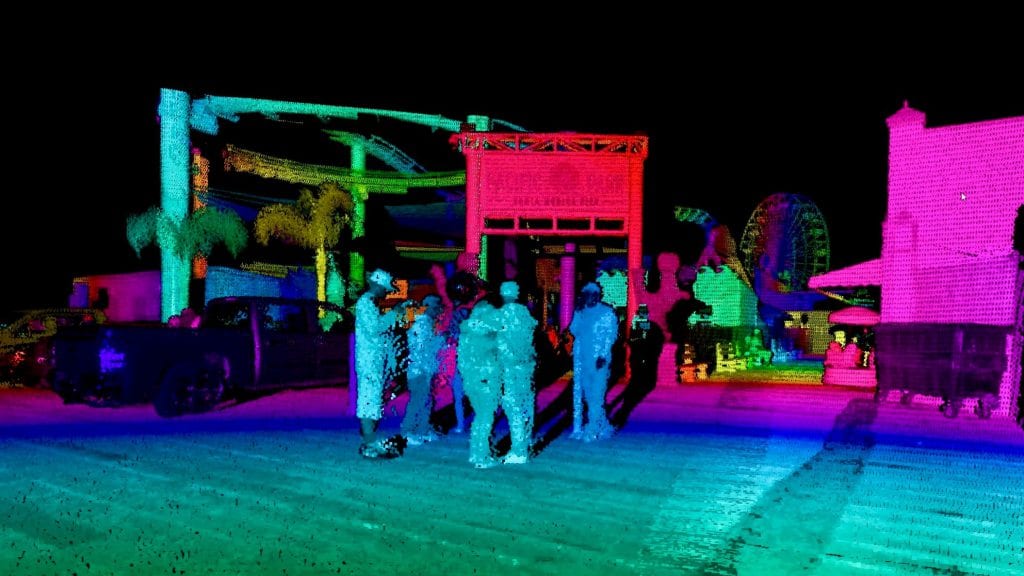
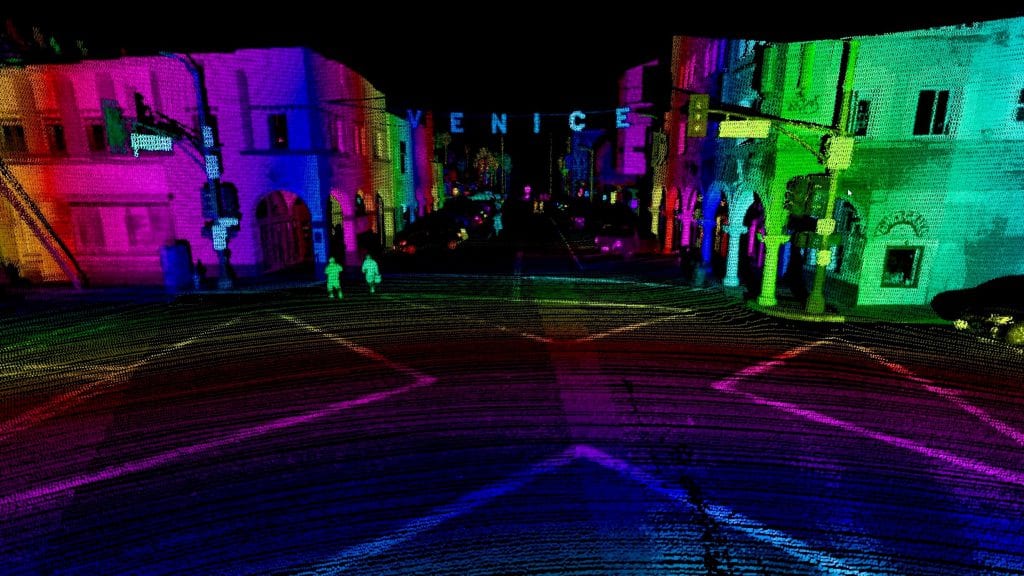
Volvo Cars and Luminar show groundbreaking autonomous technology development at Automobility LA 2018
Volvo partnered with Luminar -a start-up developing core send technology for autonomous vehicles that gained prominence in 2017 with $36 million in funding. Then in June this year, the company announced a closer tie-up with Volvo buying a stake in Luminar via an investment from its Volvo Cars Tech Fund.
A first look into the path to autonomy with @volvocars #LAAutoShow pic.twitter.com/Ap5kRyB5yw
— Luminar (@luminartech) November 27, 2018
LiDAR which uses pulsed laser signals to detect objects is deemed to be a crucial element in creating a safe autonomous car. Autonomous cars and trucks must be able to identify and understand their environment to avoid collisions while traversing busy thoroughfares at high speeds- a challenge that becomes more pronounced in conditions such as poor lighting and bad weather. Lidar technology surveys the environment using laser-powered light, and Luminar’s technology promises a significantly longer range and higher resolution imagery than any other available currently.
“This promise to improve safety is why Volvo Cars wants to be a leader in autonomous drive. Ultimately, the technology will also create new benefits for our customers and society as a whole. Luminar shares our ambition in making those benefits a reality, and this new perception technology is an important next step in that process” said Henrik Green, Senior Vice President for Research and Development at Volvo Cars.
Austin Russell, Founder and Chief Executive Officer of Luminar said, “The Volvo Cars R&D team is moving at an impressive pace to solve some of the most advanced problems in the development of autonomous driving. As we’ve scaled up, they’ve remained at the forefront of developing an autonomous system to take the driver out of the loop – ultimately enabling deployment in real consumer vehicles.”
Announcing further developments around its perception technology at the Automobility LA trade show, Volvo and Luminar revealed the significant ramifications it could have for the inherent safety of self-driving cars.
“Pose estimation,”-a feature of computer vision that tries to understand the position of various points in an object, such as the arms and legs of a human being has enabled Volvo’s R&D team and Luminar’s lidar to demonstrate how autonomous cars can understand a pedestrian’s body language. This, in turn, can help machines predict behavior and intention, for example a person walking by the side of a road waiting to cross.
The lidar market is estimated to be a $800 million industry in 2018, and this is expected to rise sharply to $1.8 billion by 2023. Significant investment has been pouring into lidar technology, with the likes of San Francisco-based AEye’s recently raising $40 million for a sensor that meshes camera and lidar data, while others in the space such as Israel’s Innoviz Technologies have also been raising big bucks.

